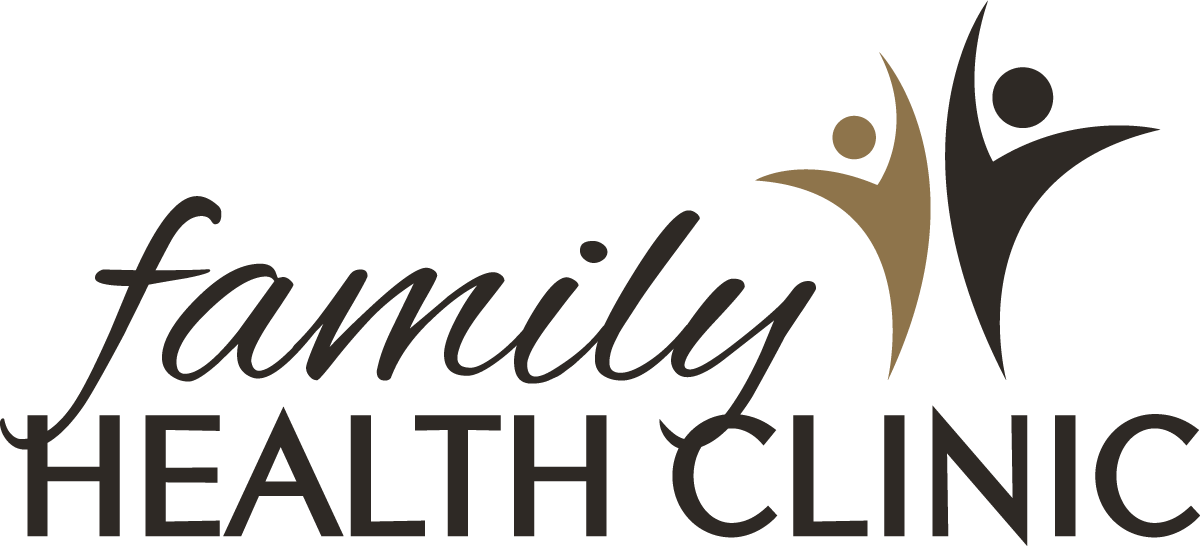At the Family Health Clinic, Nurse Practitioners are at the core of our high-quality primary care services. So what is a nurse practitioner (NP) and how is a NP different than a doctor? Is a Nurse Practitioner the right fit for you and your family?
In this post, we’re going to share some important facts about NPs that will help you better understand why they can offer you the high quality, cost effective medical care you need located close to your home!
What is a Nurse Practitioner?
According to the American Association of Nurse Practitioners, a NP is a licensed medical practitioner who provides primary care services and/or specialty nursing and medical care in a variety of settings. A Nurse Practitioner is a registered nurse that has completed “specialized, advanced education” and additional clinical work. In order be a Nurse Practitioner, one must have to have a Master’s, post-master’s or doctoral degree to be considered for entry-level positions. The nurse practitioners at the Family Health Clinic specialize in women’s health, pediatrics, family and adult health care services.
Nurse Practitioners can work on their own and with other health care professionals to provide a “full range of primary, acute, and specialty health care services” (AANP.org). Some of these services include diagnosing and treating sudden and/or chronic conditions, prescribing medications and other treatments, helping a patient with their overall health, educating patients on disease prevention, and more.
So How is a Nurse Practitioner Different Than a Doctor?
When you hear that a NP can diagnose and treat illnesses, prescribe medication, help with disease prevention, manage a patient’s overall care and more, you might think – that sounds like a doctor! Nurse practitioners are certified to diagnose and treat minor and chronic health conditions, help with disease prevention, manage a patient’s overall care and more – just like a doctor.
NursePractitionerSchools.com has provided helpful information about how NPs are different than Doctors, and we’ve copied some of that information over to share with you! To read more from their article, click here.
Education & Certification
Nurse Practitioners usually first earn a bachelor’s degree in nursing (BSN) and then a master’s degree in nursing (MSN). There are also doctor in nursing practice degrees (DNP) and other post-master’s certificate NPs can get. It generally takes about 6 to 8 years of postsecondary training to become an NP.
A Doctor of Medicine (MD) or a Doctor of Osteopathic Medicine (DO), usually spend 11 years doing their postsecondary education and training. This time is spent getting a bachelor’s degree, completing medical school, and a residency.
NPs and MDs/DOs are each licensed by different licensing boards. NPs must obtain a registered nurse license and state NP license through a Nursing Board. NPs can also get additional certifications that vary by specialty. DOs and MDs are licensed by a Medical Doctor’s Board. When they specialize, they have to go through a specialty board that requires recertification on a regular basis.
Typical Job Duties
As NursePractitionerSchools.com points out, the responsibilities of a Nurse Practitioner can significantly vary by the state in which the NP practices. We mentioned some of the job duties above, like diagnosing and treating sudden and/or chronic conditions, prescribing medications and other treatments, helping a patient with their overall health, educating patients on disease prevention, and more. Sometimes these duties can change depending on a NPs’ specialization.
Doctors’ responsibilities can also vary depending on their chosen specialization. Many of their duties sound similar, like diagnosing and treating injuries or illnesses, taking patients’ medical histories, updating charts and patient information, ordering diagnostic tests and reviewing them, and more.
Nurse practitioners and doctors recommend, design, and prescribe plans of treatment, address concerns and questions from patients, and educate patients.
Prescribing Medications
Doctors can prescribe medications in all 50 states and in DC. NPs can also prescribe medications in all 50 states, but their level of independence depends on each state’s laws. In some states, NPs have to collaborate with doctors in order to prescribe some medicine, medical devices, and certain treatments.
Trusting Your Primary Care to a Nurse Practitioner
The Family Health Clinic is primarily composed of Nurse Practitioners…so why is that a good thing for you?
Well to start, you’re pretty likely to be satisfied with your care. The AANP reports that over 870 million visits are made to NPs each year, and patients that are surveyed report “an extremely high level of satisfaction with the care they receive”.
Nurse Practitioners also help solve a growing primary care provider shortage. As a U.S. News article noted, in some rural parts of the country, a nurse practitioner might be the only provider in town. As a source in the article then continued to say, “patients today are more familiar and comfortable with nurse practitioners.”
Nurse-Managed Health Centers
At a Nurse-Managed Health Center like the Family Health Clinic, meaning a health center with Nurse Practitioners leading the staff, you’ll find that we have an overall focus on wellness, our patients, patients’ families, and community-based services.
Nurse-Managed Health Center believe in treating, educating, and healing from a holistic perspective, taking the time to build trust with our patients through listening to them and learning about them, learning about their family health history, and more.
Last but not least, Nurse Practitioners help to lower health-care costs by providing high-quality care and counseling that can lead to fewer emergency room visits, shorter hospital stays, and lower medication costs. Unlike a doctor’s office, the Family Health Clinic, a federally qualified health center, offers a sliding fee scale to patients without insurance coverage as well as patients with high deductible plans.
Make an appointment today!
Are you ready to come see one of our Nurse Practitioners? The Family Health Clinic has four locations to best meet your needs. We are located in Burlington, Delphi, Monon and Wolcott with varying hours of operation to best serve the community. Make an appointment today by calling (800) 321-5043.




